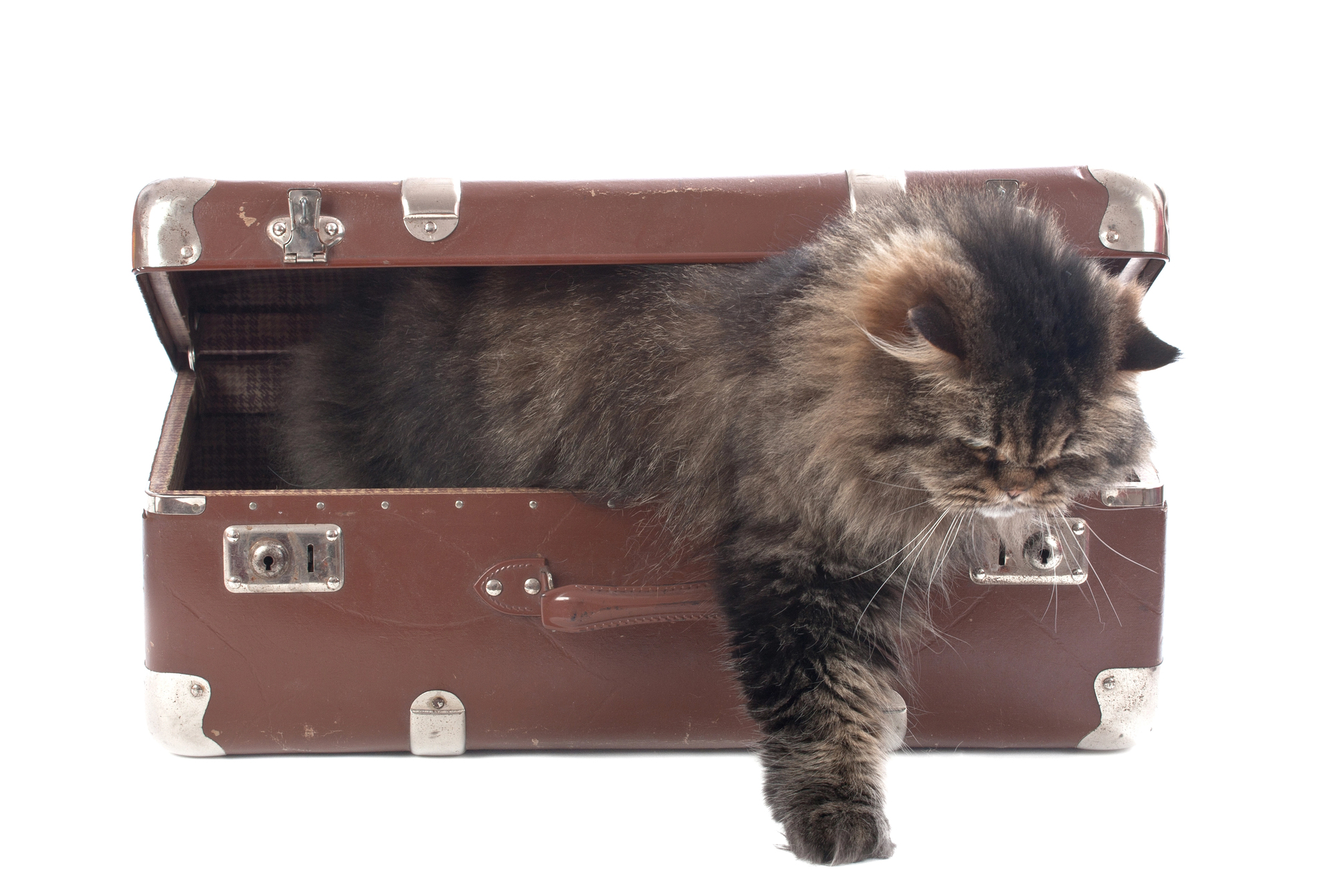15 Everyday Phrases With Surprising Historical Origins
Ever catch yourself saying something and wonder, “Where did that even come from?” Those little phrases we casually sprinkle into everyday conversations often have fascinating backstories.
Some are rooted in history, culture, or downright bizarre events. And when you think about it, the way they’ve evolved over time makes them even more intriguing.
Knowing these origins can add a little extra charm to the words we use so effortlessly. So, let’s dive deeper into 15 common sayings—you might just see them in a whole new light!
Spill the Beans

This one takes us way back to ancient Greece. Believe it or not, voting back then involved beans—white beans meant yes, and black beans meant no. If someone accidentally tipped over the jar holding the votes, the results would be exposed for everyone to see. Whether intentional or not, that bean spill could reveal all kinds of secrets.
Over the centuries, this evolved into how we use it now—spilling someone’s confidential information. It’s wild how something as simple as beans turned into a timeless metaphor!
Close, But No Cigar

Ever wonder how cigars and “almost winning” got tied together? For this one, we have early 20th-century carnivals to thank. Back then, cigars were often handed out as prizes for games. If a contestant came close to winning but didn’t quite nail it, the game operator would quip, “Close, but no cigar!”
Even though cigars aren’t exactly handed out as prizes anymore, the phrase stuck around, perfectly capturing that feeling of a near miss.
Like Go2Tutors’s content? Follow us on MSN.
Caught Red-Handed

This phrase paints a vivid picture, doesn’t it? Its roots trace back to medieval England, where being caught with literal bloody hands after killing an animal that didn’t belong to you was undeniable proof of guilt.
Over time, the phrase expanded beyond stolen livestock and bloodstains, becoming shorthand for being caught in the act of wrongdoing.
Whether it’s a minor mishap or something bigger, “caught red-handed” still carries that punch of undeniable evidence.
Bite the Bullet

Imagine facing surgery before modern anesthesia. Soldiers would literally bite down on a bullet to endure the excruciating pain. It was a desperate measure, but it gave us this powerful phrase. Today, it’s used to describe confronting a difficult situation with bravery, even when it’s unpleasant.
The origin might be grim, but it’s also a reminder of resilience in the face of adversity.
The Writing on the Wall

This one goes back to the Bible, specifically the Book of Daniel. In the story, a mysterious hand appeared and wrote ominous words on a wall, predicting the downfall of a kingdom. The imagery was so powerful that it stuck, evolving into a phrase we now use to describe an inevitable fate.
There’s something hauntingly timeless about this one—it’s a small piece of ancient storytelling that still feels relevant.
Like Go2Tutors’s content? Follow us on MSN.
Kick the Bucket

Theories abound for this darkly humorous phrase. One popular idea ties it to slaughterhouses, where animals were hung from a beam—sometimes referred to as a bucket—before being slaughtered. Another theory connects it to the grim image of standing on a bucket before kicking it away in a suicide attempt.
Regardless of which story is true, the phrase has become a lighter way to reference life’s final chapter, often with a bit of morbid wit.
Let the Cat Out of the Bag

This quirky saying hails from medieval markets, where shady traders would sometimes replace a valuable piglet in a sack with a less desirable cat. When the buyer opened the bag, the cat would literally come out, revealing the scam.
These days, the phrase is far removed from its fraudulent origins and is more about unintentionally exposing a secret. Still, the idea of language evolving from old practices like this is pretty fascinating.
Burning the Midnight Oil

Before electricity lit up our nights, oil lamps were the go-to for anyone working late. Burning that precious oil wasn’t something done lightly—it symbolized dedication, perseverance, and often a hefty workload.
Even now, the phrase resonates, whether you’re cramming for an exam or pulling an all-nighter for a big project. It’s a testament to the effort we put in when we’re pushing through.
Like Go2Tutors’s content? Follow us on MSN.
Break the Ice

This phrase has nautical origins, rooted in maritime trade. Ships known as icebreakers would clear frozen waters, allowing other vessels to pass through and continue their journey. Over time, this literal act of breaking ice became a figurative way of easing social tension or awkwardness.
Whether it’s a conversation starter at a party or a joke to lighten the mood in a meeting, breaking the ice is a universally handy concept.
Butter Someone Up

Here’s one with ancient roots! In India, worshippers would throw butter balls at statues of deities as a form of devotion, hoping to win favor. While today’s version of buttering someone up doesn’t involve any actual butter, the intention of gaining favor or goodwill remains the same.
It’s funny how something so specific turned into such a common expression.
Saved by the Bell

Most people associate this phrase with boxing, but its origins are far more unsettling. In 18th-century England, coffins were sometimes outfitted with bells to prevent premature burial. If someone was buried alive, they could ring the bell and (hopefully) be saved.
Thankfully, it’s now used in much less morbid contexts, like narrowly escaping a tricky situation or dodging a tough question.
Like Go2Tutors’s content? Follow us on MSN.
Under the Weather

Sailors coined this one. When rough seas made them seasick, they’d retreat below deck to escape the harsh weather. Over time, the phrase expanded to describe anyone feeling unwell, whether it’s from sickness or just feeling a bit off.
Its nautical roots give it a fitting touch of imagery—being battered by the elements, whether physical or emotional.
Mad as a Hatter

This colorful phrase comes from 18th-century hat makers who worked with mercury during the felting process. Prolonged exposure often caused symptoms of mercury poisoning, like tremors and erratic behavior.
While hat-making methods have thankfully moved on, the phrase lives on as a playful way to describe someone acting a bit wild or unconventional.
Cold Shoulder

In medieval times, if a host wanted to subtly show a guest they’d overstayed their welcome, they’d serve them a cold shoulder of mutton. It was a polite but effective way to say, “Time to go.”
These days, giving someone the cold shoulder is less about food and more about emotional indifference, but the original meaning still lingers.
Like Go2Tutors’s content? Follow us on MSN.
Barking Up the Wrong Tree

Hunters with dogs would sometimes find their prey had climbed a tree—but occasionally, the dogs would bark at the wrong one.
The phrase perfectly captures the idea of misguided efforts, and it remains just as relevant today when someone’s chasing the wrong goal or blaming the wrong person.
Everyday Speech, Unwrapped

Turns out, our everyday language is packed with fascinating history. These expressions aren’t just quirky turns of phrase; they’re like little time capsules, connecting us to different eras and cultures.
So, the next time you use one, take a second to share its backstory. Who knows? You might just spark a great conversation—and maybe even see these phrases in a whole new light.
More from Go2Tutors!

- Famous Battles: How Much Do You Really Know About U.S. History?
- Top 5 Most Important Skills, According To Harvard Business School
- How Well Do You Know 90s Pop Culture? Take the Quiz
- Master the Art of Public Speaking with These Expert Tips
- Think You Know Capitals? Put Your Knowledge to the Test
Like Go2Tutors’s content? Follow us on MSN.



